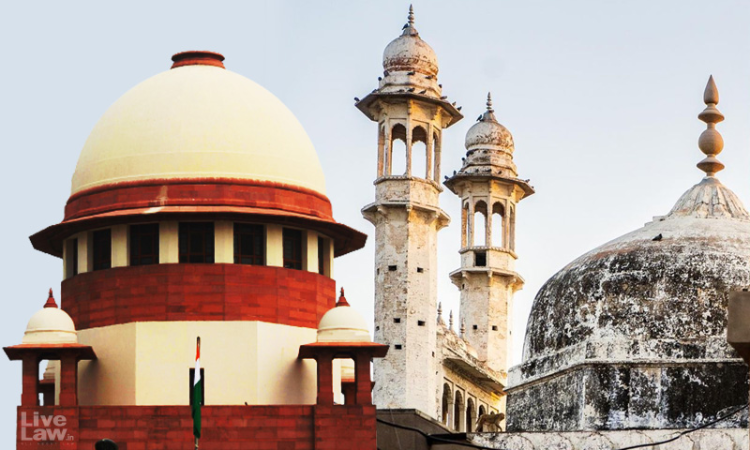Supreme Court Refuses To Urgently Hear Gyanvapi Mosque Committee's Plea Against Order Allowing Puja, Asks Them To Move HC
Awstika Das
1 Feb 2024 10:51 AM IST

Next Story
1 Feb 2024 10:51 AM IST
Yesterday, the Gyanvpai mosque committee made an unsuccessful attempt to get an urgent hearing in the Supreme Court for their application challenging the Varanasi District Court's order which allowed Hindus to perform prayers in the southern cellar of the Gyanvapi mosque.Few hours after the District Court passed the order on January 31 afternoon, the Committee of Management, Anjuman...
